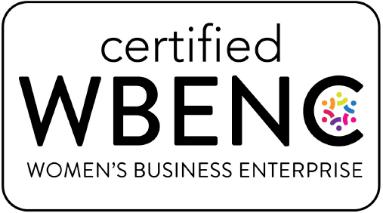Authored by:

Justin R. Muehlmeyer
Patent Attorney
All Posts by Justin
Most software companies are skeptical that intellectual property laws can serve them. They aren’t wrong. Patents disclose too much and take too long to issue, often many years after the software has already been made obsolete. Copyright is not all that helpful because it requires that someone actually copy what was authored and does not grant rights against independent creation. But don’t take these limitations inherent in IP as true in all cases. Intellectual property laws can still serve software companies, and if done right, can save your company.
Copyright is the go-to in protecting the software code itself. Software code is a particular sequence of instructions that drive a computer according to a certain underlying process. Perhaps the underlying process is patentable, but the code itself is not the realm of patent but of copyright because just like a book, it is a literary creation. As the author of the code, you could exclude others from copying the code itself through copyright, and this may be a vital tool against a former employee who walks off with your code or to a competitor who takes it in other ways. Only formal registration of copyright with the United States Copyright Office can give you the rights you need to take action for copyright infringement.
Copyright Laws and Software Code
Software code may not seem like the creative activity one associates with a literary novel or a song, but it is indeed eligible to be protected by copyright. When a software company licenses its software to end users, it licenses the copyright. It is important for software developers to secure their copyright protection before infringement occurs. Doing so will not only minimize the risk of infringement but also save money. Failing to obtain legal protections for software code at the right time can result in the loss of the right to obtain money damages for infringement or the right to attorneys’ fees in enforcing against infringement.
Benefits of Copyright Registration
The U.S. Supreme Court has recently clarified that you can only sue for infringement if you have already registered the copyright. Obtaining copyright registration allows software developers to recover statutory damages in addition to actual damages for copyright infringement. Statutory damages allow recovery of attorney’s fees, court costs, and damages of up to $150,000 even without demonstrating actual damages. These benefits make enforcement practical in most circumstances, because bringing copyright infringement legal actions in most cases are only practical if statutory damages and attorneys’ fees can be awarded. With proper copyright registration, not only are you eligible to seek statutory damages, but infringers are more likely to settle out of court.
Trade Secrets Can Be Removed from the Copyright Deposit
One of the biggest concerns software companies tend to have is that they do not want to provide the Copyright Office their entire software code as a deposit when registering their work. Indeed, to register, you must provide the Copyright Office what is covered by the registration. While the deposit is not easily accessible to just anyone, it is still accessible in certain circumstances, posing the risk that the entire code could be disclosed. Fortunately, the Copyright Office permits registration applicants to modify their software code deposits in ways to protect the trade secrets. Such deposits can be redacted in certain ways under certain circumstances. This ability to modify the software code deposit makes it well worth it in most cases for a software company to register their work.
Registering software code is a smart strategy. Peacock Law regularly assists software companies in their IP strategy, including registering software code that contains trade secrets. Contact Peacock Law for assistance registering your code. https://peacocklaw.com/copyrights


